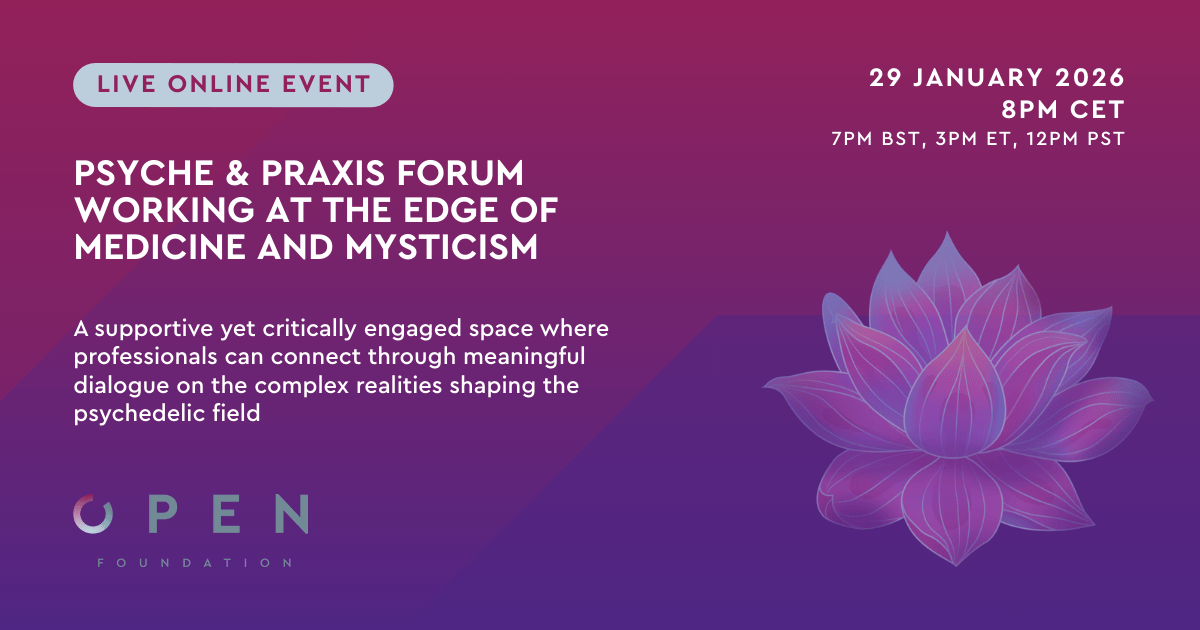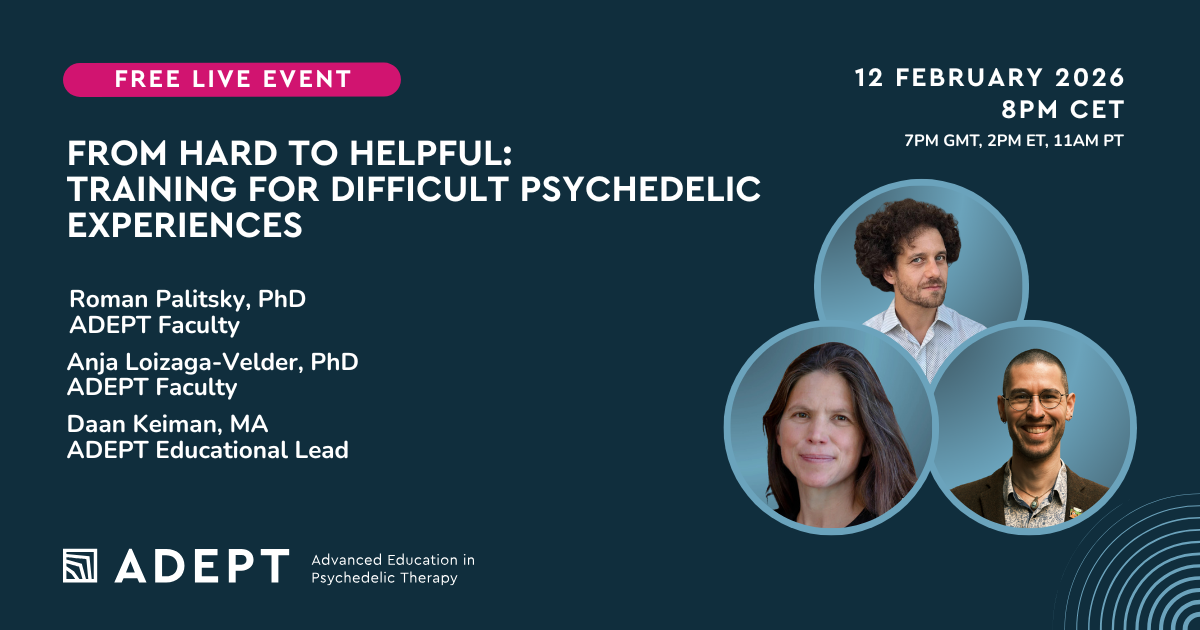A positive treatment perspective for one of the current most persistent and deadliest addictions comes from a psilocybin-assisted smoking cessation study carried out at the Johns Hopkins University School of Medicine in Maryland, USA [2].
The form of treatment consisted of up to three psilocybin sessions additional to cognitive behavioral therapy. Twelve out of fifteen participants (80%) succeeded in quitting their habit after this treatment for a minimum of six months [3]. Participants experienced an increased faith to effectively deal with the addiction, a heightened spiritual awareness and an uplifted state of overall well-being. An interesting finding was that, although three participants didn’t succeed in quitting, this group turned out smoking less cigarettes a day six months after the beginning of the treatment.
Because of the study design lacking a control group, it is not (yet) possible to solely ascribe the therapeutic effect of the treatment to the characteristics of psilocybin. Nevertheless, these results promise a better treatment perspective for psilocybin combined with cognitive behavioral therapy than for regular treatment options. The success rate in this study being 80%, compared to 25% to 34% when treated with buproprion or varenicline respectively [4], or compared to around 50% when treated with a combination of bupropion, nicotine replacement, and intensive cognitive behavioral therapy [5][6]. More scientific studies would be necessary in order to understand the full potential of treating smoking addiction with psilocybin or other pharmacons that have their mechanism of action on the 5-HT2A-receptor.
The idea of using psychedelics to fight addiction is nothing new. In the 50s and 60s there were a lot of research projects focusing on the therapeutic potential of these compounds. The interested reader might want to take a look at a meta-analysis by Teri Krebs (2012), which, based on six of these studies, concluded that the treatment of alcoholism using LSD seemed to be very effective.
[1] World Health Organization (2011)
[2] Johnson, Garcia-Romeu, Cosimano, & Griffiths (2014)
[3] The notion should be considered that several participants indicated to have a relapse period between the last psilocybin session and six month follow-up, but that they were able to correct it themselves and continued as non-smokers until follow-up.
[4] Gonzales et al., 2014; Jorenby et al., 2014
[5] Hall et al., 2009; Killen et al., 2008
[6] Success rates are based on 7 day point prevalence abstinence measures of smoking behavior. Gathered by self-report and urine- and breath analyzes.
References
Gonzales, D., Rennard, S. I., Nides, M., Oncken, C., Azoulay, S., Billing, C. B., … Reeves, K. R. (2014). Varenicline, an ␣ 4  2 Nicotinic Acetylcholine Receptor Partial Agonist, vs Sustained-Release Bupropion and Placebo for Smoking Cessation, 296(1), 47–55.
Hall, S. M., Humfleet, G. L., Muñoz, R. F., et al. (2009). Extended treatment of older cigarette smokers. Addiction, 104, 1043-1052
Johnson, M. W., Garcia-Romeu, A., Cosimano, M. P., & Griffiths, R. R. (2014). Pilot study of the 5-HT2AR agonist psilocybin in the treatment of tobacco addiction. Journal of Psychopharmacology (Oxford, England), (September). doi:10.1177/0269881114548296
Jorenby, D. E., Hays, J. T., Rigotti, N. A., Azoulay, S., Watsky, E. J., Williams, K. E., … Reeves, K. R. (2014). Efficacy of Varenicline, an α4β2 Nicotinic Acetylcholine Receptor Partial Agonist, vs Placebo or Sustained-Release Bupropion for Smoking CessationA Randomized Controlled Trial. JAMA, 296, 56-63.
Killen, J. D., Fortmann, S. P., Schatzberg, A. F., et al. (2008). Extended cognitive behavior therapy for cigarette smoking cessation. Addiction, 103, 1381-1390.
Krebs, T. S., & Johansen, P.-Ø. (2012). Lysergic acid diethylamide (LSD) for alcoholism: meta-analysis of randomized controlled trials. Journal of Psychopharmacology (Oxford, England), 26(7), 994–1002. doi:10.1177/0269881112439253[/fusion_builder_column][/fusion_builder_row][/fusion_builder_container]












